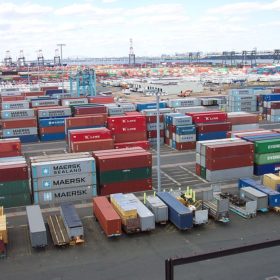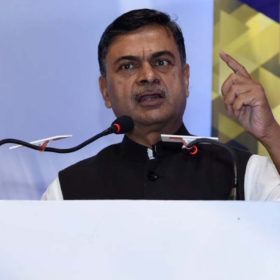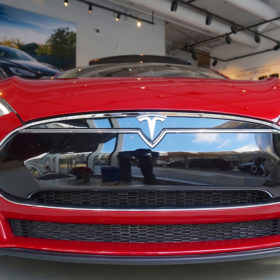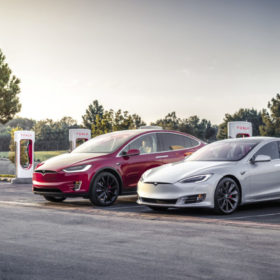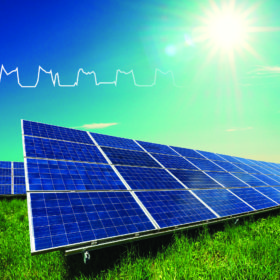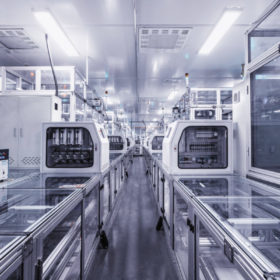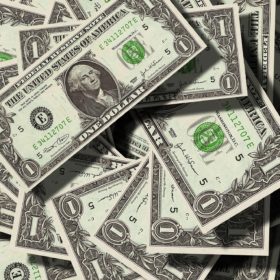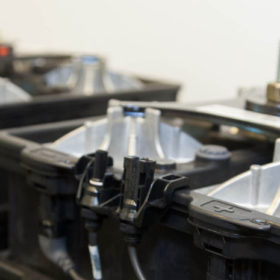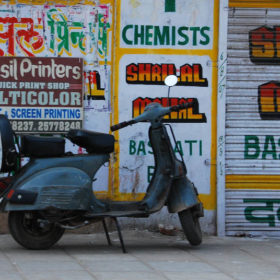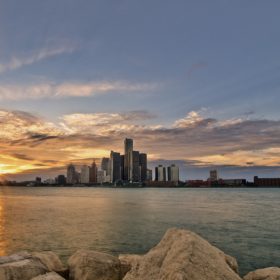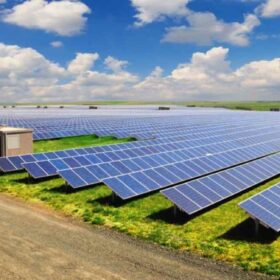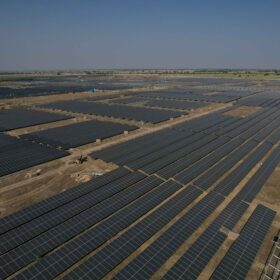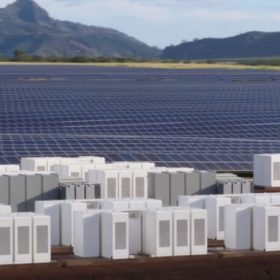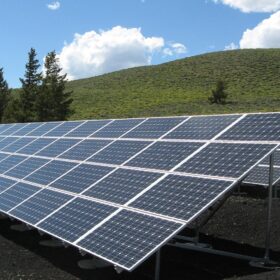Lithium-ion batteries still set for US tariffs on September 1
The energy storage market is set to be the latest affected by Trump’s trade war as lithium-ion batteries were excluded from the group of Chinese imports for which the U.S. president announced tariffs would be delayed until December 15.
India to hike import tariff on solar equipment: Power minister
Tariffs will be hiked down the value chain in order to encourage domestic solar manufacturing, which currently stands at just 3.2 GW for solar cells and 8.5 GW for solar modules.
Megapack marks Tesla’s new play for utility scale storage market
The Palo Alto company says it has improved its large scale battery offering with the new product in the wake of the success of its Powerpack-driven big battery in Australia. The Megapack can be deployed at a 250 MW/1 GWh clean energy plant four times faster than a fossil fuel alternative, claimed the business in a blogpost.
Lead-acid battery market primed for growth with EVs?
“Lead-acid batteries are comparatively cheaper than other battery types such as Ni-MH and Li-ion. Moreover, these have the highest recyclability percentage of any product, and are therefore likely to find more takers owing to their reduced cost of production,” according to industry participants at the International Lead Conference held in Spain.
Has solar lost its sheen for India’s EV push?
While India’s recent union budget announced steps to create an electric vehicle market, the solar sector still has issues that have not been addressed.
Energy storage and EVs clear winners in union budget 2019: IESA
The new budget aims to seize the opportunity in energy storage and EVs through a range of incentives. However, alongside demand, production and export, the government also needs to focus on e-waste management and Li-ion battery recycling to sustain raw material supply and minimize environmental impact.
Economic Survey calls for $330 billion investment in renewables
The annual report has placed EVs at the heart of India’s decarbonization and called for an Indian answer to the U.S. ‘Motor City’ of Detroit, where electric vehicles and the batteries to run them could be manufactured.
Battery maker CATL ramps up investment in German gigafab to €1.8 billion
Previously, a mere €240 million (Rs1,870 crore) was set to flow into the giga-factory. The corporation’s management reasoned new demand for its battery cells made more investment necessary.
Thinktank gives manufacturers two weeks for EV adaptation blueprint
Central government has thrown down the gauntlet to the nation’s largest motorbike and scooter manufacturers after they resisted a proposal to ban non-electric sales from 2025 onwards.
Akasol plans to build new battery factory near Detroit
The German battery manufacturer will make products for electric trucks and buses at the facility, which is expected to employ 200 workers and produce 400 megawatt-hours of batteries annually.
